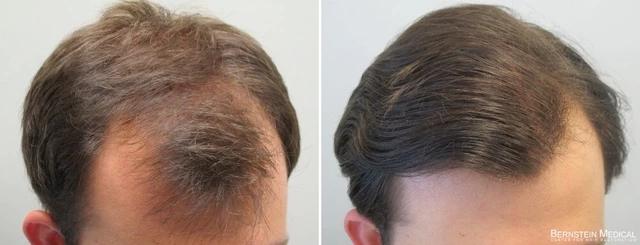Antibiotics for Kids: When They’re Needed, Side Effects, and Allergy Risks
December 4 2025Executive Function: Simple Ways to Boost Focus, Memory and Planning
Struggle to finish tasks, forget appointments, or lose track of steps? Those are common signs of weak executive function — the brain skills that help you plan, focus, remember instructions and juggle multiple tasks. Fixing small habits can make a big difference in daily life.
Executive function is a set of mental skills including working memory, mental flexibility, impulse control and planning. When these skills lag, everyday routines feel harder: bills pile up, projects stall, conversations get interrupted. Causes range from ADHD and normal aging to stress, sleep problems, head injury, or side effects from medicines.
You can start improving executive function with simple, practical changes. Small steps often beat big intentions.
Practical strategies that actually work
Sleep first. Aim for regular, uninterrupted sleep. Even one extra hour of good sleep can help working memory and focus. Move more: short walks and 20–30 minutes of cardio several times a week boost concentration.
Break tasks into clear steps. Write one- or two-step checklists for routine chores. Use timers (Pomodoro: 25 minutes work, 5 minutes break) to stop drifting and keep momentum. Put critical reminders where you’ll see them — calendar alerts, sticky notes on the door, or a visible daily checklist.
Cut down on distractions. Turn off unnecessary notifications and keep a single “focus” device or browser window for important work. Reduce clutter in your workspace so your eyes and brain have less to sort through.
Use tools that do the remembering for you: simple apps, shared calendars, voice memos, pill reminders. If you forget appointments or medications, automated alerts and refill services can reduce stress — check our guides on safe online pharmacies and prescription tools for more tips.
Build habits by linking new actions to existing routines. For example, take medication right after brushing teeth. Make the environment supportive: label shelves, keep a dedicated spot for keys and daily items, and keep important documents together.
When to get help
If problems are steady, getting worse, or harming your work and relationships, see a clinician. A doctor can check for treatable causes like sleep apnea, medication side effects, thyroid problems or depression. For ADHD or significant cognitive decline, assessments and treatments — behavioral therapy, skills coaching, or medications — may help.
For memory issues or sudden changes, read our Reminyl (galantamine) article and our pieces on stress and mental health to learn how specialists diagnose and treat cognitive concerns. If you’re thinking about medications or online pharmacies, follow safety guides and talk to your provider first.
If you use prescription meds for cognition or mood, track side effects and timing carefully. Small changes in dose or timing can affect attention and planning. Keep a simple log for two weeks and share it with your clinician — it often speeds up the right treatment choice and adds clarity.
Start with one change today: set a single daily alarm or create one checklist. Small wins build confidence and clear space for better planning, focus and memory.
 5 Jan
5 Jan
Enhancing Executive Function with Donepezil: A Deeper Dive
Donepezil, a well-known medication for Alzheimer's treatment, is gaining attention for its potential positive impact on executive functioning. This article dives into the ways Donepezil might assist in sharpening decision-making, improving attention, and boosting problem-solving skills. By exploring the drug's effects on certain cognitive faculties, readers can better understand how it extends its benefits beyond memory support. We also analyze scientific studies to shed light on the promising shifts Donepezil can bring to cognitive health.
Read More...




